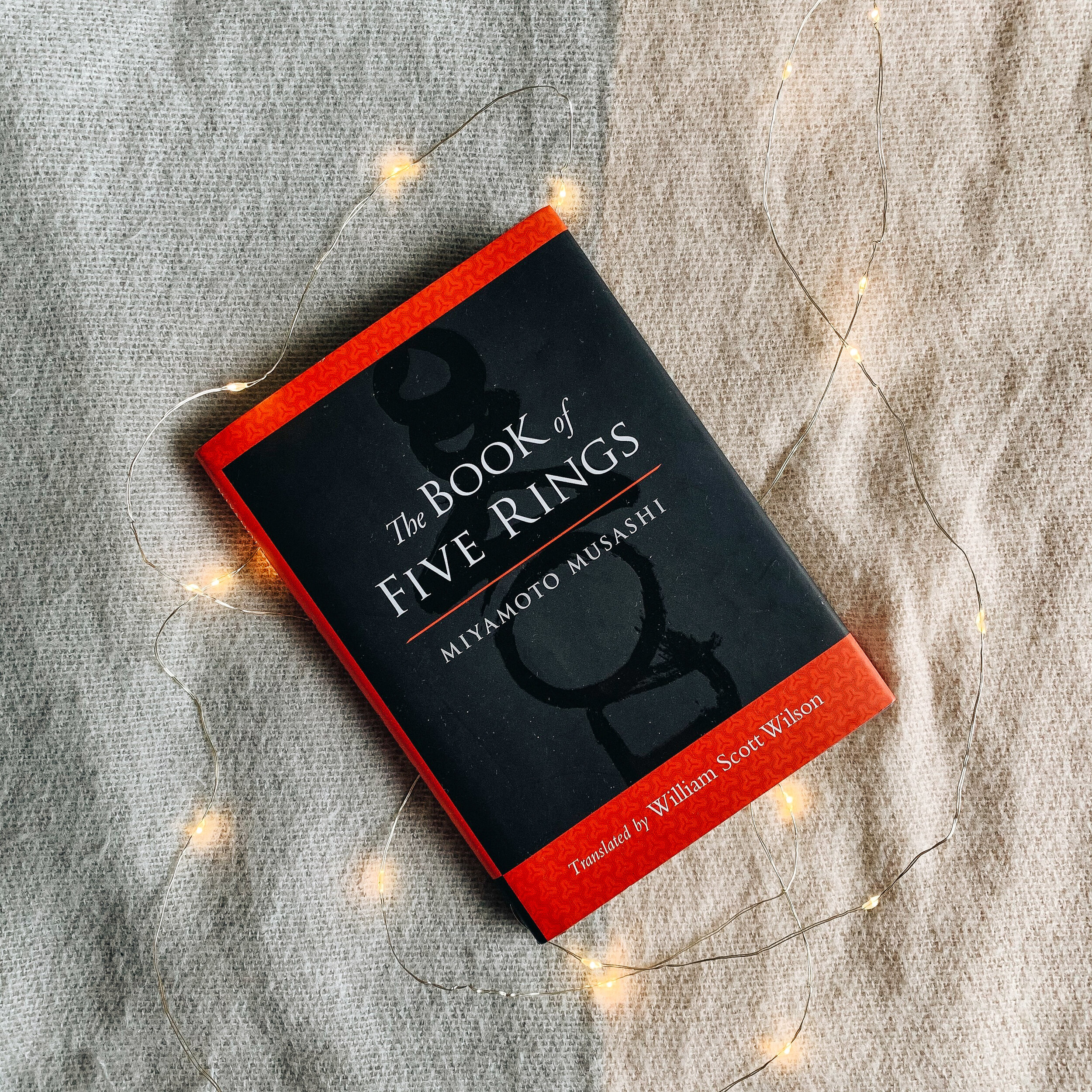★★★☆☆.75
May 1st! It’s the last month of Autumn in Australia already, how absolutely bonkers. What a whirlwind April was! I feel like I was so busy for the entire month, I blinked on April 1st and found myself at May 1st. It was a great month for me, life-wise and reading-wise. Here’s the thing with me, if I read just one book, or I start a book that’s been on my tbr for a while, or I read a book I really like, that’s a good reading month for me. It isn’t about how many books I read but about how much I enjoy the time I have spent reading. With that in mind, let’s get on to my wrap-up for April 2021! This month was all about Greek Mythology reimaginings, and I was all for it! I read a total of four books this month, two of them audiobooks, one hardback and one paperback.
★★★☆☆.5
The first book I finished was the audiobook of A Touch of Darkness by Scarlett St. Clair. A Touch of Darkness is a retelling of the Greek myth of Hades and Persephone, but Scarlett has brought it into an urban setting. This book was steamy and binge-worthy and I was absolutely hooked the moment I started listening to it (although the narrator was much more bearable once I got it on 1.2x speed). At its heart, this book is the story of the abduction of Persephone (the goddess of spring) by Hades (the god of the underworld), but Scarlett imbued it with a new life. She has created an alternative world that is so unique, and she has depicted the gods and their stories in new and interesting ways. Persephone annoyed me a lot whilst reading this (and the next one too), but after watching Scarlett’s interview with Erica from MoanInc, I understand her thought processes and motivations better now. This book was like a reality TV show in book form, with roots in Greek myth and legend and I really enjoyed it! I would recommend this (very raunchy series) to all lovers of Greek mythology who are looking for something a bit different! You can read my full spoiler-free review here!
★★★★☆
My second read of the month was The Book of Five Rings by Miyamoto Musashi and translated by William Scott Wilson. This was a bit of a different read for me, as it’s a manifesto written by the undefeated samurai Musashi, at the end of his life. The Book of Five Rings goes through the Ways needed to learn and master in order to become the best samurai possible, but some of the lessons can definitely be transferred to everyday life. It was a fascinating read, written by an incredibly interesting person from Japanese history, and I thought the translation by William Scott Wilson was easy to read. Find my full review of this book here!
My third read for the month was A Touch of Ruin by Scarlett St. Clair which was, again, in audiobook format. I actually enjoyed this one more than the first one, even though we definitely didn’t get enough Hecate. We did get more Hermes (my ultimate favourite character), and some new gods took more of the spotlight than the first book, namely Apollo. I’ve heard that I need to read A Game of Fate, which is the first book from Hades’ point of view, to understand more about his motives and perspective, and I’m really excited to read it, especially because he was sort of absent in this book? Understanding more about Scarlett and her choices when writing the perspective of Persephone has caused me to warm a bit more to her POV, but I’m sure I’ll enjoy Hades’ perspective more 😂 Anyway, my opinions on this series are sort of chaotic but it’s safe to say they are still VERY steamy, unique and overall, enjoyable reads!
★★★★☆
The final book I read for the month of April was Lore by Alexandra Bracken. Similar to A Touch of Darkness, Bracken brought Greek Mythology into an urban setting, but most notably, Bracken brought them into our world. I have NEVER read a book quite like this before. For a week every seven years, 9 of the 12 Olympians are sent to earth and turned mortal, and the bloodlines of many greek heroes such as Perseus, Kadmos and Heracles hunt down the gods and if you kill them, you become the new god and assume their power. This book only covers one week, and it was a wild ride from start to finish. I really enjoyed this book, and I had A LOT of opinions and thoughts about it, which you can read all about here! Lore was definitely my favourite read of the month!
This month I also posted a couple of different blog posts, one on the Mycenaeans and one on Greek Mythology and where to begin if you want to start learning about it. I decided to write the ‘So you Want to Learn About Greek Mythology’ post after chatting to some friends about what a good place to start would be if you’re just beginning to learn about Greek myths, and also because I FINALLY started reading the Odyssey. You guys really seemed to enjoy those posts, so thank you so much for reading them and engaging with my posts on Instagram, really means a lot! Let me know in the comments (or on my insta) what your favourite book of April was, and if you have any requests for guides like my Greek mythology post, or topics for bite-sized ancient history!





